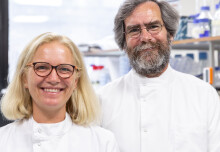

Gene genius
New spinout to develop gene therapies targeting rare lung diseases
AlveoGene will work on gene therapies for several rare lung conditions, beginning with alpha-1 antitrypsin deficiency.



New spinout to develop gene therapies targeting rare lung diseases
AlveoGene will work on gene therapies for several rare lung conditions, beginning with alpha-1 antitrypsin deficiency.


Institute for Molecular Science and Engineering Research Showcase 2023
The big challenges facing industry and society over the coming 5-10 years were discussed by academics and industry partners.
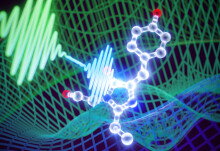

Making molecules dance to our tune reveals what drives their first movements
Bringing ultrafast physics to structural biology has revealed the dance of molecular ‘coherence’ in unprecedented clarity.


Call open for collaborative Master’s project proposals
Academics and industrial researchers are invited to submit project outlines for the 2023-24 Molecular Engineering MRes course


Facility for the materials of the future launched at Imperial College London
Imperial’s new Henry Royce Institute (Royce) Facility has launched to identify challenges and stimulate innovation in advanced materials research.
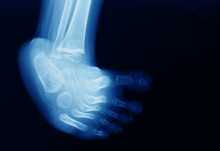

Potential therapeutic target for skeletal development problems revealed in mice
A new Imperial College London study has revealed a potential new therapeutic target for problems with foetal bone and joint growth during development.


Meteorites reveal likely origin of Earth’s volatile chemicals
Meteorites have told Imperial researchers the likely far-flung origin of Earth’s volatile chemicals, some of which form the building blocks of life.
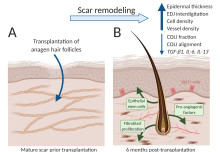

Scars mended using transplanted hair follicles in Imperial College London study
Imperial researchers have found that hair follicle transplants can promote scar rejuvenation by altering their architecture and genetic makeup.
 5
5


Flexible movement sensors and bacterial toxins: News from the College
Here’s a batch of fresh news and announcements from across Imperial.
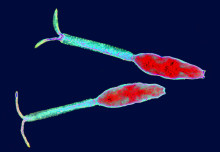

Parasite-detecting DNA biosensors offer new tool to tackle schistosomiasis
Researchers have developed new DNA biosensors capable of rapidly detecting and differentiating between parasites that cause schistosomiasis.